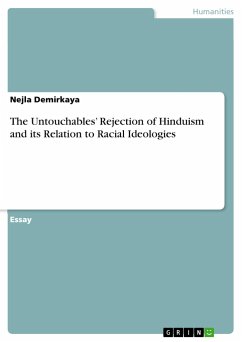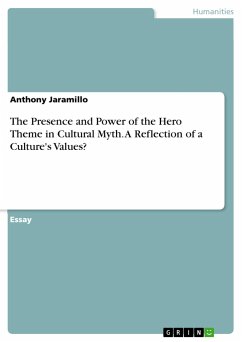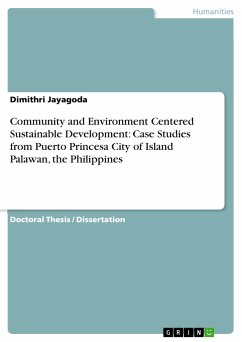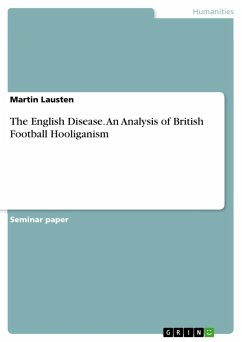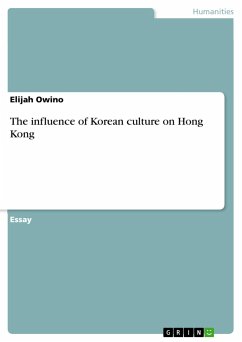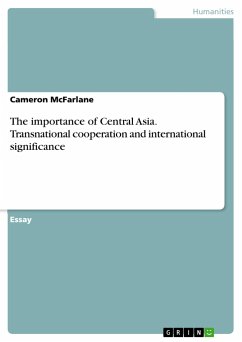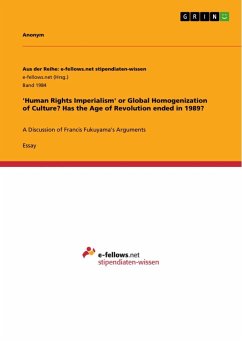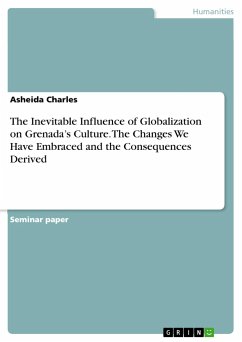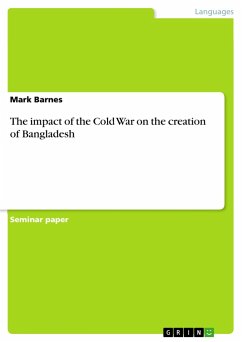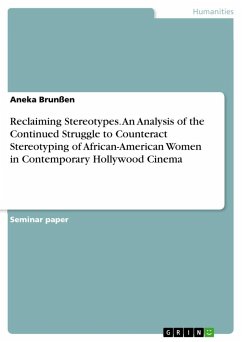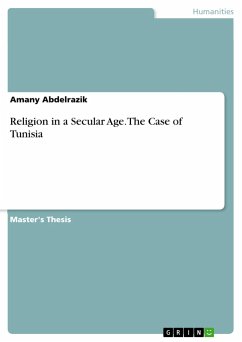
Religion in a Secular Age. The Case of Tunisia

PAYBACK Punkte
0 °P sammeln!
Master's Thesis from the year 2015 in the subject Cultural Studies - North African Studies, grade: 1,7, University of Potsdam (Institute for Amerkanstik und Anglistik), course: Anglophne Modernities in Literature and Culture, language: English, abstract: The debates over the relationship between a Western secular modernity associated with specific historical practices and secular modernity as a universal category have never lost their momentum as a controversial topic in the discourse of modernization and the nature of both the modern society and individual. While according to the prevailing d...
Master's Thesis from the year 2015 in the subject Cultural Studies - North African Studies, grade: 1,7, University of Potsdam (Institute for Amerkanstik und Anglistik), course: Anglophne Modernities in Literature and Culture, language: English, abstract: The debates over the relationship between a Western secular modernity associated with specific historical practices and secular modernity as a universal category have never lost their momentum as a controversial topic in the discourse of modernization and the nature of both the modern society and individual. While according to the prevailing discourse in the West a universal secularism is based on a universal reason valid to all cultures, other Western as well as non-Western thinkers and sociologists, in particular postcolonial scholars, refute the possibility of a singular secular paradigm valid for all times. They argue that such a universal paradigm with its Western ideals negates non-Western histories and philosophies and thus is a hegemonic model of modernity.This paper is a critique of the unveiled secular modern / veiled religious traditional divide in the modernist discourse in light of current debates of both postmodernists and neo-secularists. Following the secularization process in postcolonial Tunisia as part of the state´s modernization movement, this paper sheds light on the suppression of the non-Western religious actor under the narrative of a universal rational modernity in the modern age.




